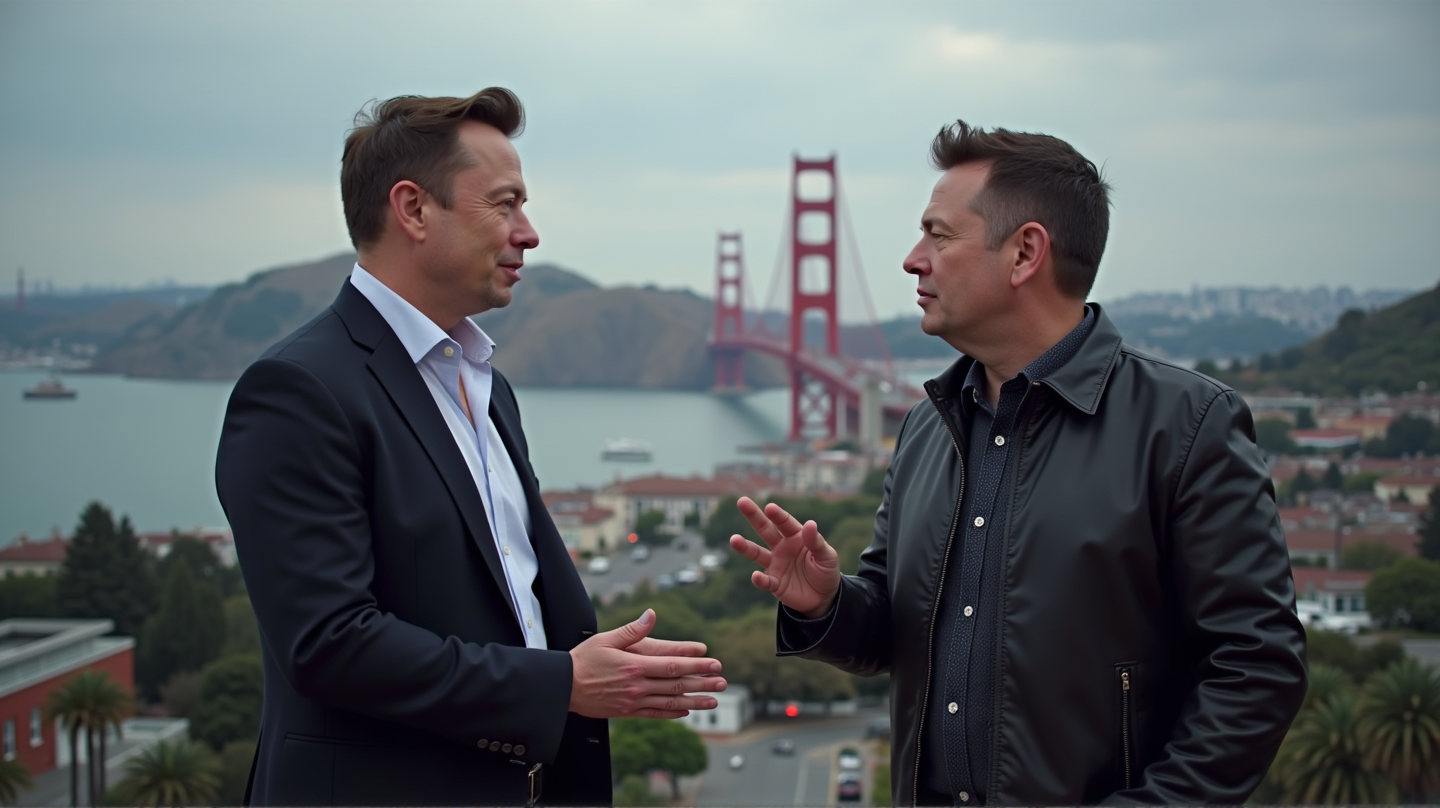The tech mogul Elon Musk has stirred a fresh controversy by advocating for federal troops to be deployed in San Francisco. Aligning with Salesforce CEO Marc Benioff, Musk believes it’s time for federal intervention to tackle rising crime rates in the city. “It’s the only solution at this point. Nothing else has or will work,” Musk declared on his platform X.
The Call for Federal Intervention
Marc Benioff, in an interview with The New York Times, described a staggering lack of police officers in San Francisco and initially proposed federal support as a solution. Although Benioff later softened his stance, Musk doubled down, describing downtown as a “drug zombie apocalypse.” Musk supported Tom Wolf’s views, an advocate for addiction recovery, who claims organized drug dealer removal could lower crime significantly.
Opposition and Backlash
However, this sentiment hasn’t resonated well with local authorities. District Attorney Brooke Jenkins criticized the idea, accusing it of furthering potential government-induced violence. Mayor Daniel Lurie opposed the notion by highlighting the decreasing crime rates and enhanced local police recruitment, declaring, “San Francisco is on the rise.”
A Divided Tech Community
This proposal has not only stirred debate among city officials but has also fractured opinions within the tech community. Leaders like Garry Tan, CEO of Y Combinator, oppose federal troop deployment, advocating instead for judicial system reforms to address crime effectively. This division emphasizes the growing complexity of achieving consensus on public safety measures within tech-heavy San Francisco.
Anticipating Dreamforce Amid Safety Concerns
As the city gears up for its annual Dreamforce conference, tensions around safety remain a hot topic. The event, which draws tens of thousands of visitors, has only intensified discussions on whether federal intervention might be a necessary or drastic step.
Amid the discord, San Francisco stands at a crossroads, weighing the potential benefits against the city’s autonomy and evolving safety strategies. According to KFI AM 640, the city’s response to these calls will likely dictate the future direction of its public safety policies.
